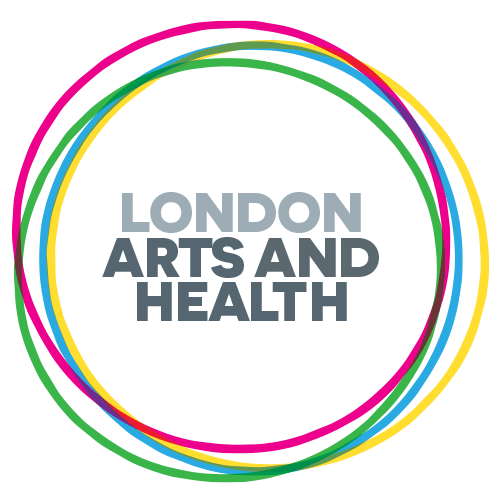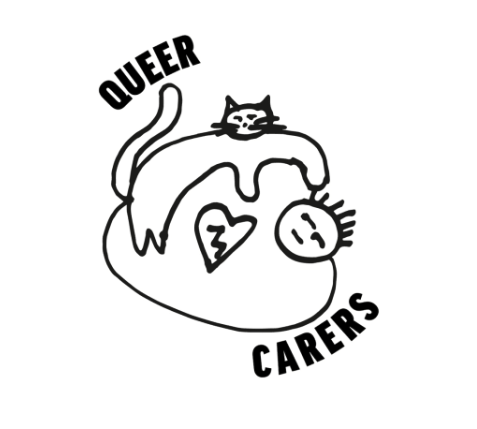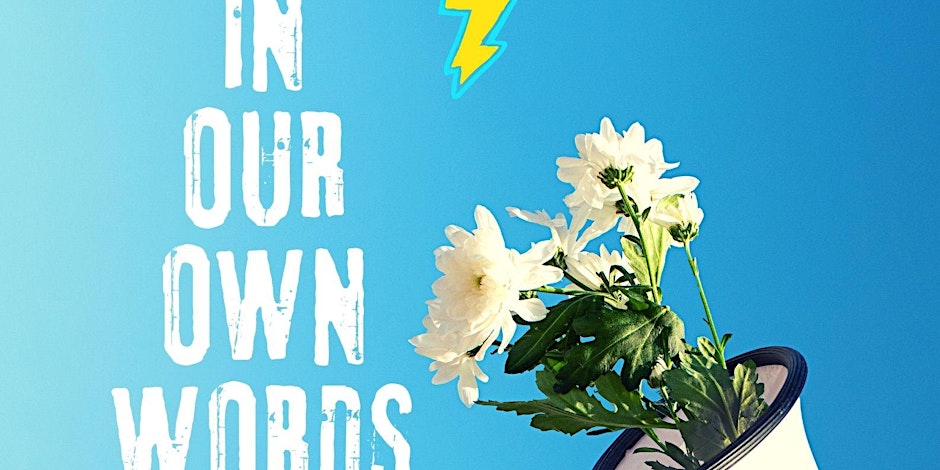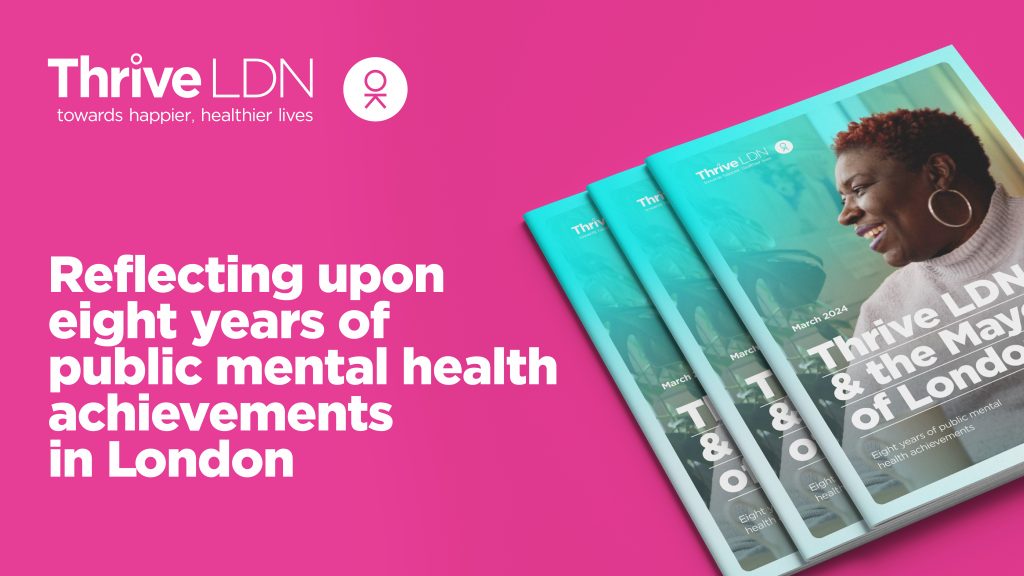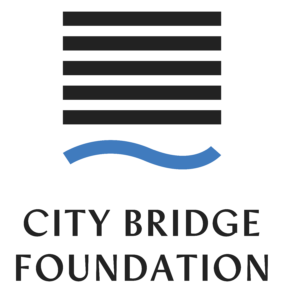From our friends at QueerCircle a new programme of monthly events and online support forums…

FLEXchange - Incorporating Art’s into Student’s Learning at University
A prospective interdisciplinary curriculum integrating arts, health, and humanities at King’s College London
A group of academics at King’s College London are working together to develop a new flexible interdisciplinary curriculum focused on arts, health, and humanities to provide students with a diverse sub-set of skills and experience after graduation, and for employability.
Last summer, a two-day workshop called ‘FLEXchange’ took place at King’s College London. The event provided a unique space to listen and receive feedback from King’s students, academics, as well as prospective students, on their views of the development of this new prospective interdisciplinary curriculum.
Inspire the Mind reported on the event — we had a presence there to collect input from attendees. Our previous blog Reflecting on Day 1 of FLEXchange: An Interdisciplinary Curriculum Development Workshop in Arts, Health and Humanities at King’s College London, discusses in detail of the presentations and activities that were held on the first day of this two day workshop series. We have written a full report on the overall outcomes and this article aims to summarise the report.
A quick recap of day 1:
Artist Celia Pym shared a beautiful story about how her passion for knitting to mend clothes for her loved ones gave her a profound experience to reflect on the memories that they had together, Celia described that “garments tell stories and a narrative of physical body and the person themselves, the memories of the person i.e., occupation, gender — ultimately who they are”.

Image from FLEXchange Workshop
We also heard from academics including Dr Alex Mermikides and Dr Flora Smyth–Zahra, on various student led projects incorporating arts, health and humanities. An example shared of art interventions was the SHAPER Project with its ‘Melodies for Mums’ programme, aiming to help mothers experiencing postnatal depression, and how this has been integrated into healthcare services.
The first day to the workshop was nicely concluded with a great example of a collaborative research project bringing together scientists and artists presented by Professor Seb Crutch, and artist Charlie Harrison. They told us how drawing could be used to help understand the progression of neurodegenerative diseases such as Dementia.
